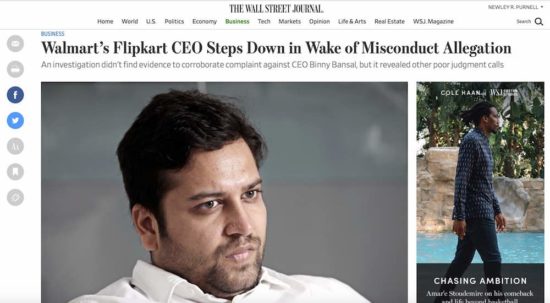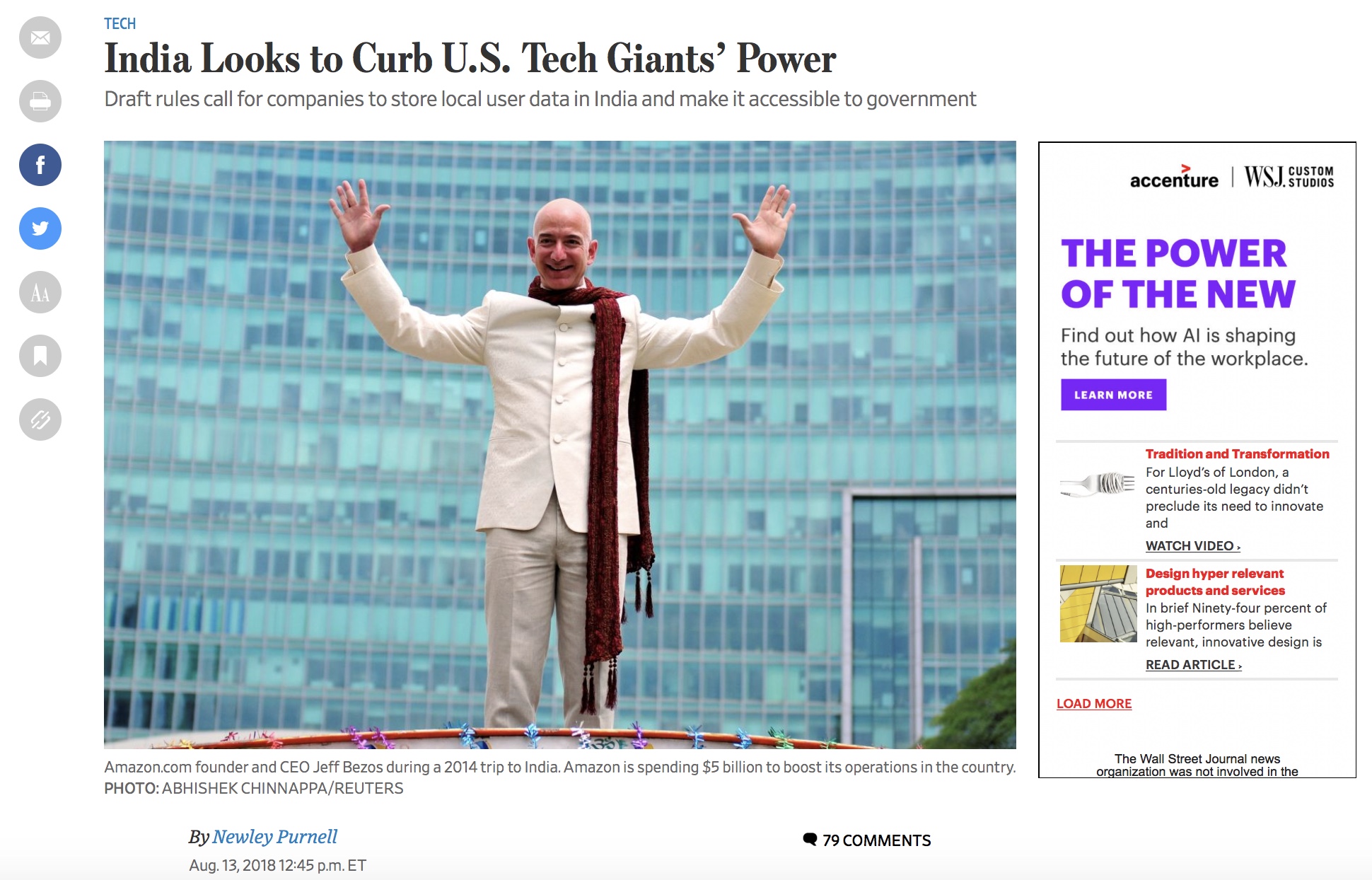
From time to time I share notes about the books I’ve been reading, or have revisited recently after many years.
These posts are meant to help me remember what I’ve learned, and to point out titles I think are worth consulting. They’re neither formal book reviews nor comprehensive book summaries, but simply my notes from reading these titles.
For previous postings, see my Book Notes category.
The Master Switch: The Rise and Fall of Information Empires
Published: 2010
ISBN-13: 978-0307269935
Amazon link
Brief Summary
All new communications media are at first open, but come to be dominated — closed — by corporations. “The cycle” is happening again with the internet.
My Notes
In this meticulously researched and prescient* 2010 book, Columbia University Law Professor Tim Wu, who famously coined the term “network neutrality,” shows how radio, film, television and cable all began as wide-open playgrounds for hobbyists. Then large corporations took over, exercised monopoly control, and have stifled innovation.
Wu says this represents “the cycle.” As he writes, “information empires” eternally “return to consolidated order however great the disruptive forces of creative destruction.”
What is “the master switch“? Wu takes the phrase from CBS executive Fred Friendly, who:
…thought that the shortage of TV stations had given exclusive custody of a ‘master switch’ over speech, creating ‘an autocracy’ where a very few citizens are more equal than all the others.’
- It’s important to note that the book was published in 2010, the same year that the Arab Spring began. Eight years ago there was, in my mind, a much more utopian view of what the web could become: a place for free speech to blossom, where everyone can have a voice and speak truth to power.
That was, of course, long before the rising skepticism of how platforms like Facebook and Twitter wield their power, and long before “fake news” and Russian trolls. And it was, of course, before Obama’s 2015 net neutrality rules — and before FCC Chairman Ajit Pai rolled them back last year.
My notes on other tidbits from history that I enjoyed reading about:
- RCA dominated radio, then suppressed the release of TV until they could control the medium, Wu writes.
- In the 1940s AT&T killed through a series of lawsuits an inventor’s simple, useful contraption called the Hush-a-Phone; it was, Wu writes, an example of a corporation stifling innovation.
- The breakup of the Hollywood monopolies, in which studios owned theaters and produced fairly bland content, gave rise to the “new Hollywood” and classic films of the 1970s, such as “The Godfather” and “Bonnie and Clyde.”
- At Apple, Steve Wozniak wanted openness (i.e. Apple II, which could be tinkered with); Steve Jobs wanted things closed (i.e. the Mac, which was sealed). Wu says Wozniak told him “That was Steve. He wanted it that way. The Apple II was my machine, and the Mac was his.”
- Google wants the web to remain open, even though it has enormous power. Wu writes:
In fairness, it must be allowed that Google has remained more committed to openness than any information empire before it. What now seems possible, if unprecedented, is a well-defended Internet monopolist running a mostly open system.
- Wu recounts an interesting Google anecdote:
In the fall of 2010, I was on Google’s campus speaking of cycles, of open and closed, centralization and decentralization. A senior employee raised his hand. “You have a good point,” he said. “When you’re a new company, getting started, openness seems really great, because it offers a way in. But I have to admit, the bigger you get, the more appealing closed systems starts (sic) to look.”
- Finally, Wu says the stakes are much higher when it comes to the web, compared to other media. That’s because “our future…is almost certain to become an intensification of our current reality: greater and greater information dependence in every matter of life and work, and all that needed information increasingly traveling a single network we call the internet…already there are signs that the good old days of a completely open network are ending.”









